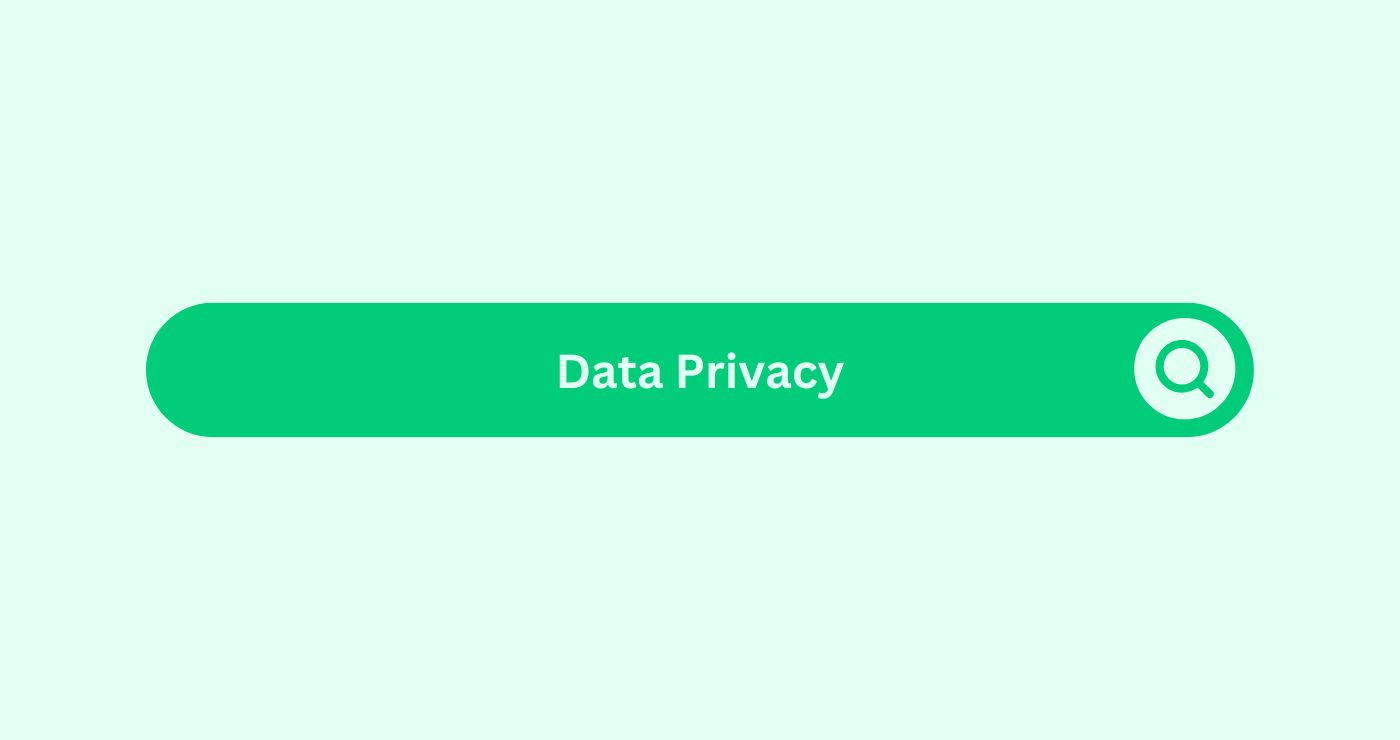Definition
Data Privacy in AI Terms in Content MarketingDefinition Content marketing strategically creates and share... refers to the protection and ethical use of consumer data when training and deploying AI-driven tools. It ensures that content marketers collect, process, and analyse user information—such as browsing behaviour, email interactions, and purchasing history—without breaching user consent, local regulations, or trust.
A SEO company may use anonymised search data to train models that predict trending keywordsDefinition Keywords are crucial for SEO success as they conn.... A performance marketing agency must comply with consent frameworks while using behavioural signals for campaignDefinition An SEO campaign involves focused, Organised effor... personalisationDefinition Personalisation refers to the process of tailorin.... A digital marketing Auckland team must align their AI systems with New Zealand’s Privacy Act and international standards like GDPR.
Maintaining data privacy isn’t just legal hygiene—it builds brand credibility, reduces compliance risks, and preserves long-term customer relationships in AI-driven content strategies.
Example
Let’s say a digital marketing Auckland firm uses a machine learning model to segment audiences based on web interactions. Initially, the model accessed raw clickstream logs, including IP addresses and personal identifiers.
After a data privacy audit, the agency modifies its pipeline. They strip PII (personally identifiable information), use hashed IDs, and implement consent-aware tracking. The AI model now uses only aggregated, anonymised behaviour data—and performance remains consistent.
Following these updates, client opt-out requests drop by 34%, email open rates rise by 19%, and the agency earns recognition for ethical data use. Data privacy improved both compliance and campaignDefinition An SEO campaign involves focused, Organised effor... performance
Formulas & MetricsWhat are Metrics in the context of SEO? Metrics in SEO refer...
Use these practical metricsWhat are Metrics in the context of SEO? Metrics in SEO refer... and benchmarks to keep privacy in check during AI content deploymentDefinition Deployment is the release of software updates and...:
| Metric | Formula / Description | Example Output |
|---|---|---|
| Consent Compliance Rate (%) | Users with valid consent / Total users × 100 | 820 / 1,000 × 100 = 82% |
| PII Leakage Detection Score | # of flagged records with PII / total records × 100 | 0.3% (lower is better) |
| Opt-out Rate (%) | Unsubscribed users / Total tracked users × 100 | 180 / 5,000 = 3.6% |
| Anonymisation Accuracy (%) | Correctly anonymised entries / Total entries × 100 | 96 / 100 = 96% |
| Data Retention Policy Score | Adherence to retention timeframes (based on audit log checks) | 100% compliance |
These help performance marketing agencies and SEO companies implement privacy-first AI strategies without sacrificing insight quality.
5 Key Takeaways
- Data privacy ensures ethical use of user data when training and applying AI in content marketingDefinition Content marketing strategically creates and share....
- It protects brand reputation and keeps campaigns compliant with data protection laws.
- SEO companies should anonymise keyword tracking data to protect searchers’ identities.
- Performance marketing agencies need to use opt-in-based behavioural data for ad personalisationDefinition Personalisation refers to the process of tailorin....
- Strong privacy practices leadDefinition A Lead in the context of SEO refers to a potentia... to higher customer trust, lower churn, and more stable campaignDefinition An SEO campaign involves focused, Organised effor... performance.
FAQs
Why is data privacy important for AI in content marketing?
It ensures user data is handled with care, reducing legal risk and building lasting customer trust.
How can marketers anonymise user data effectively?
They can hash identifiers, mask sensitive fields, and use aggregated insights for training models.
What laws must New Zealand agencies follow?
The New Zealand Privacy Act 2020 applies, along with global standards like GDPR and CCPA if international data is used.
Does data privacy affect AI performance?
Not significantly when handled properly—aggregated data often provides the same insights without the risk.
What tools help manage content data privacy?
Platforms like OneTrust, BigID, and Segment offer privacy compliance solutions for content analyticsDefinition In SEO, analytics involves collecting, measuring,... and AI tools.




